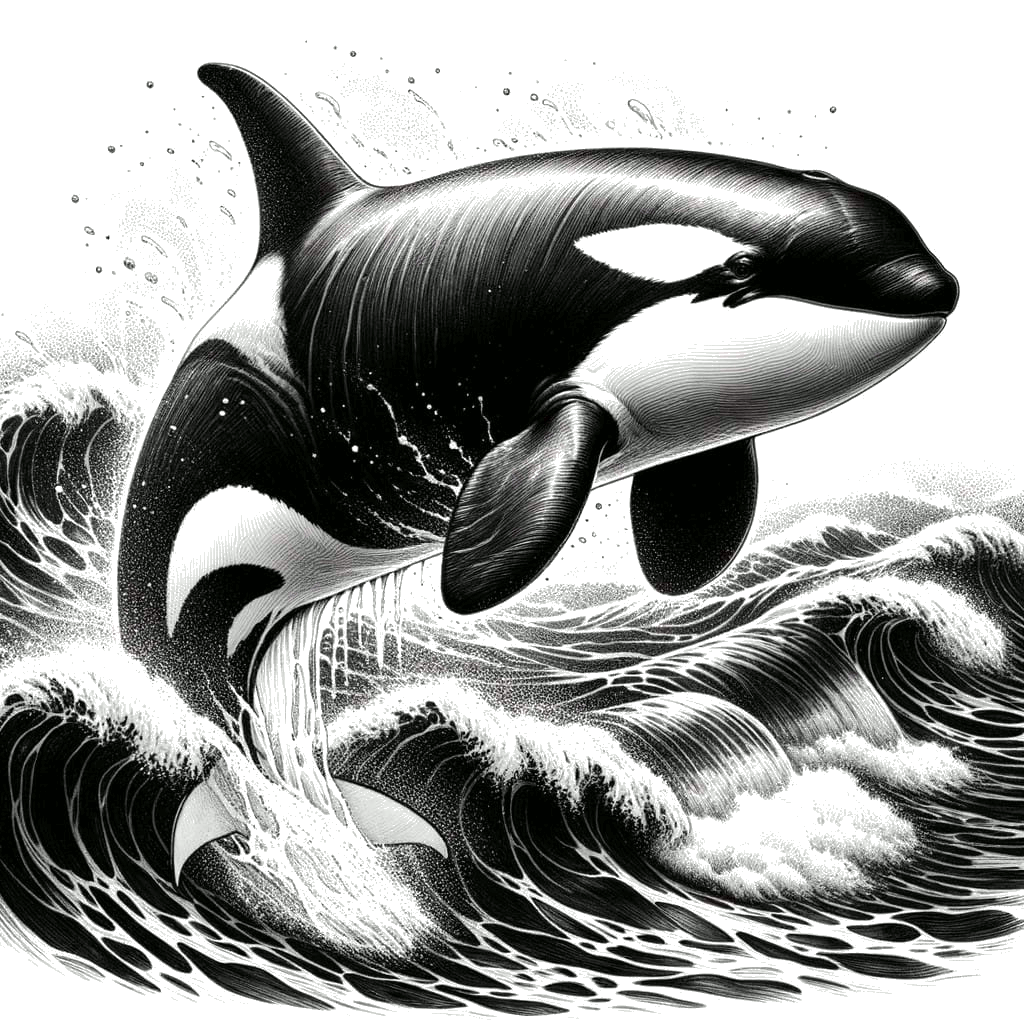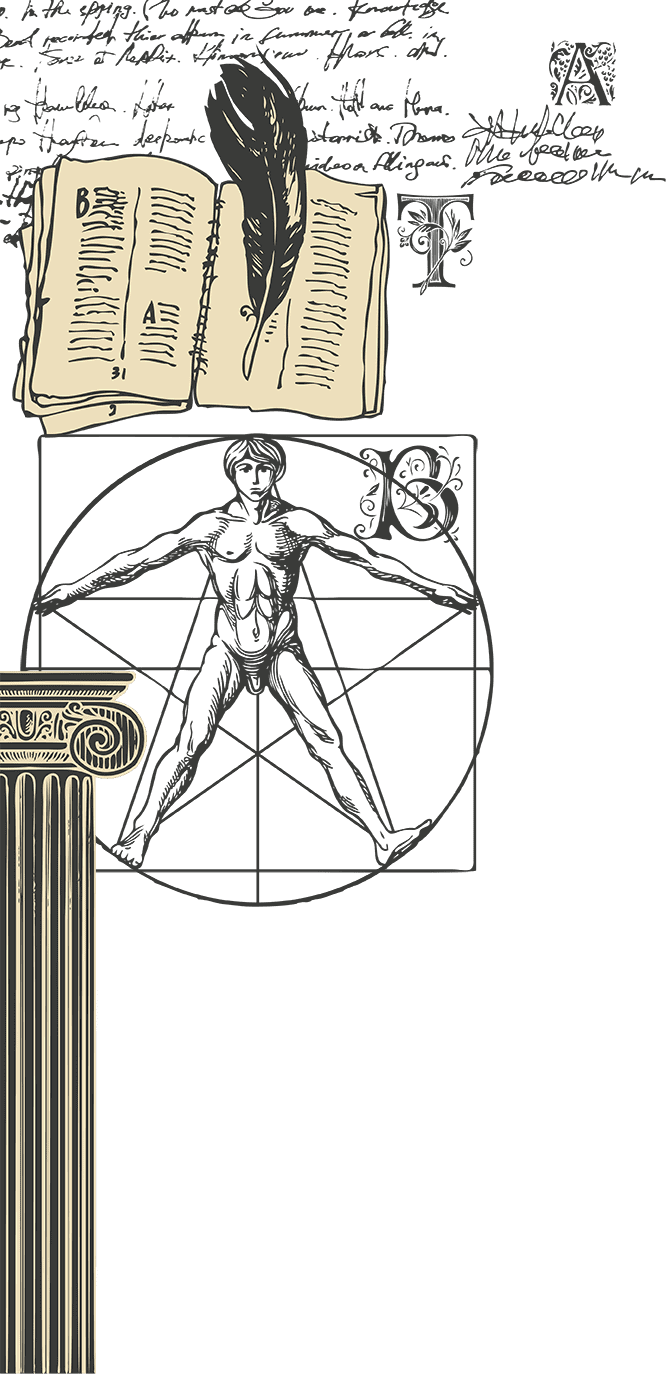
In the Strait of Gibraltar, three dark shapes moved through the sea with a deliberate purpose that made the spine of even the bravest sailors tingle. Orcas, the notorious killers of the deep, displaying a behaviour unbeknownst to the rest of their kind. They danced with the boats, striking them, tasting the unfamiliar tang of metal and fiberglass. They sank vessels, an act that seemed to give them a sense of primal satisfaction. A spectacle of raw, unrefined force in the heart of the wild.
From behind the camera lens, Malcolm Schuyl watched this wild tableau unfold. With the tang of salty air filling his nostrils, he watched as these creatures of the deep, these kings of the ocean, challenged mankind’s vessels, one after another. The rudders were their preferred targets. One moment, a boat would be sailing freely, the next, the rudder would snap under the onslaught, and the vessel would be left helpless, lost to the merciless whims of the sea.
Alfredo López, the dedicated orca researcher, charted this enigmatic behaviour, tracing the string of occurrences back to its first manifestation in 2020. His data painted a tale of intelligence, learning, perhaps even of past injustices or a simple rebellion, much like the ones exhibited by human teenagers. A strange fad, he suggested, an unpredictable testament to the individuality of these creatures.
One time, a ship named Champagne, a Swiss yacht, fell prey to the trio’s fierce determination. The boat sank, but not a life was lost. Yet the incident served as a stark reminder of the sea’s relentless power and the orcas’ indomitable fury. In other instances, boats carrying four or five people each met the same fate. Humans escaped their sinking sanctuaries while the orcas circled, silent observers of the drama they had orchestrated.
The orca troupe was consistent. A trio of young ones, a mixed group led by an adult female human researchers had named White Gladis. The latter suspected a bitter past encounter with a fishing line to be the root cause of Gladis’ vendetta against the boats. It was a story that felt both tragic and unnerving.
Yet, Deborah Giles from the Washington State offered a different perspective. She referred to a time when humans had committed unspeakable atrocities against the killer whales, captured them, and torn apart families. Despite their harrowing experiences, those whales never sought revenge. They never attacked boats or humans. She suggested that attributing these Iberian orcas’ actions to a similar grudge was pure speculation. Perhaps this was just a fad, as absurd as wearing a dead salmon for a hat, a trend once popular amongst the orcas in Puget Sound.
Despite the debates and theories, the orca attacks continued. Their actions, sometimes lasting mere minutes, other times stretching to hours, were a wild dance between man and beast. The Iberian orcas, a group of just 39, found their path crossing with human activities, fishing, military exercises, and leisurely sailing. It was this dangerous intersection that López feared most. He worried about the repercussions of this conflict, either from an outraged human response or the inherent risk of the attacks to the orcas themselves.
In the end, nature was both the performer and the audience, a spectacle of survival and defiance, a dance with the deep. Hemingway would have understood it, might have nodded at the audacity of the orcas’ rebellion. For life, as he often wrote, was a constant battle, and sometimes, it was a dance with the inevitable. The tale of the orcas in the Strait of Gibraltar was a testament to that truth — a raw, brutal reminder of the unpredictability and the majesty of the wild.
Days bled into weeks, and weeks into months, yet the pattern of confrontations held its course. The orcas, with their unyielding determination, continued their dance with the boats. Each attack was a silent declaration of power, a battle cry that echoed through the otherwise serene waters. Men and their vessels, once the dominators of these waters, were now spectators to the orcas’ raw demonstration of control. They watched in awe, and in fear, as the rulers of the sea marked their territory.
Each encounter left behind tangible scars on the boats — the twisted, mangled rudders, the scrapes and scratches on the hulls. Each mark was a testament to the ferocity of the orcas, a reminder of their commanding presence in these waters. But for the orcas, each encounter left unseen scars, psychic impressions etched deep within. Perhaps they were badges of audacity, symbols of their rebellious stand, or maybe they were imprints of frustration, echoes of a memory tied to past wrongs.
In the grand scheme of nature’s narrative, these encounters were but footnotes, fleeting chapters in the grandeur of life’s book. Yet, for those who lived through them, for those who watched from the shores and those who fought the battles from their boats, these moments were indelible etchings on the canvas of their existence.
Yet amidst the thrill and fear, amidst the curiosity and bewilderment, one thing was clear — the orcas held no malice against the humans. This was not a vendetta born out of hatred, but a dance borne out of a need to express, to communicate, to set a boundary. It was as though they were writing their own rules, creating their own story, defining the very essence of their existence in this shared domain.
As time wore on, the dance with the deep continued. The orcas of Gibraltar swam forth, shadows in the water, masters of the deep. Their rebellion was a testament to the complexity of nature, the enigma that life often is, and the undying spirit of survival.
The sea, in its vast expanse, bore silent witness to this dance, cradling the unfolding drama in its endless depths. The orcas swam, men sailed, and the cycle of life continued in its rhythmic dance. Bound by the ebbs and flows of the sea, they coexisted, their stories intertwined in a beautiful, yet bittersweet saga of life, survival, and defiance. It was a dance with the deep, an orca rebellion in the Strait of Gibraltar, a tale as profound as the depths of the ocean itself.
